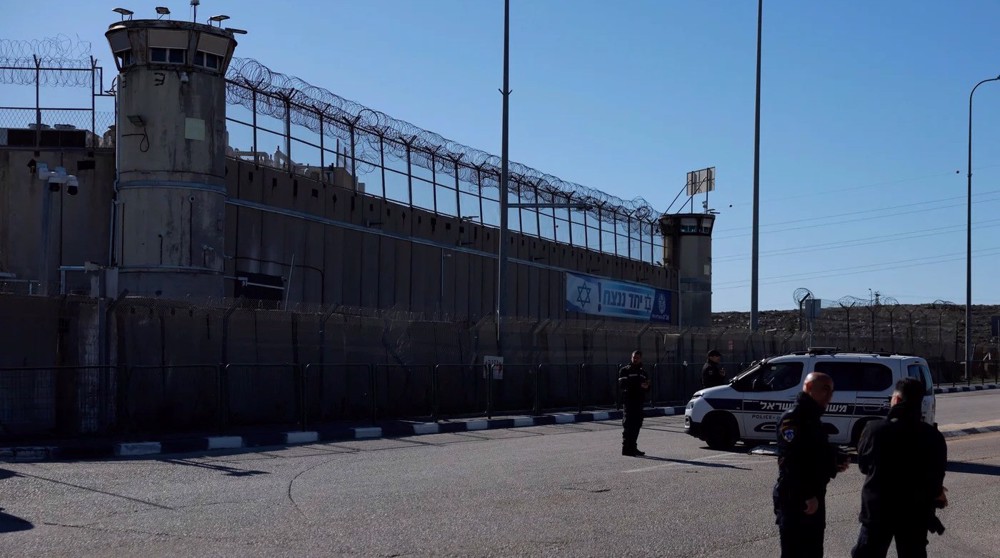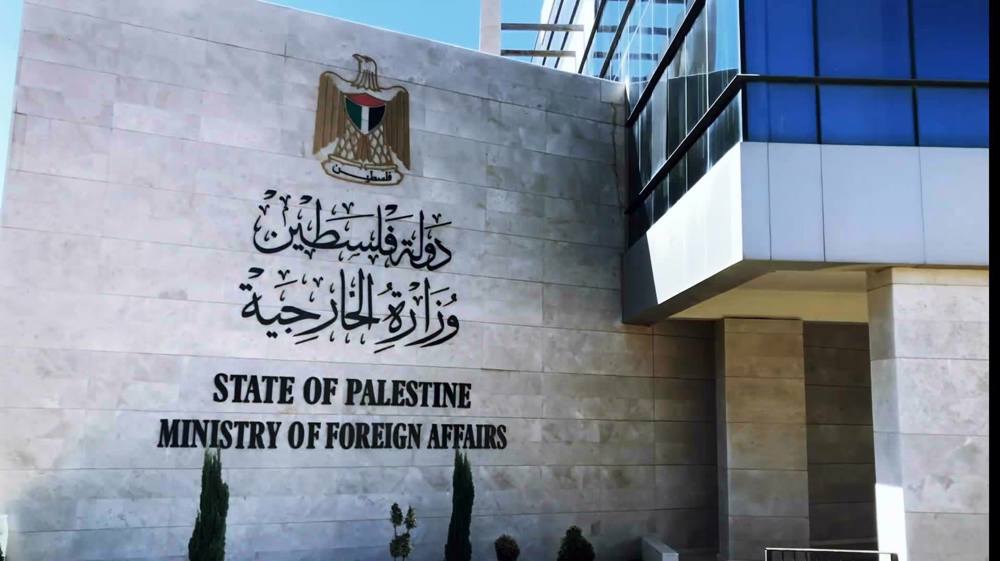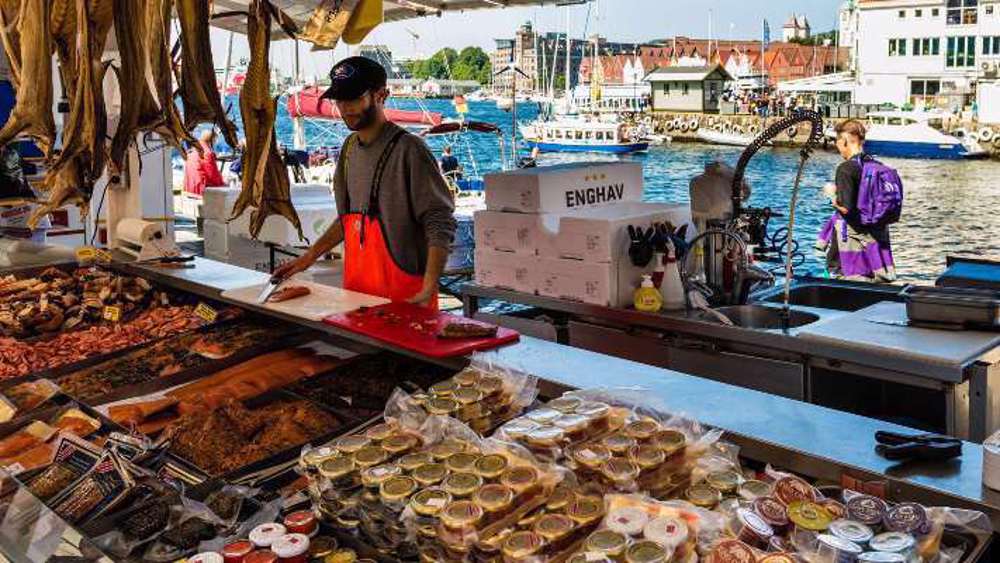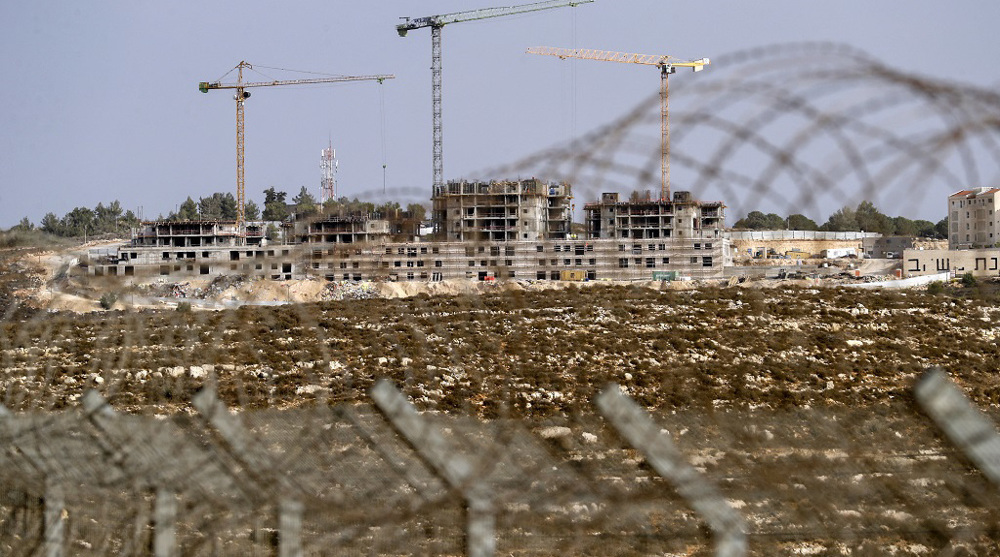Palestine: Norway’s decision to label settlements’ products ‘important legal step’ in right direction
The Palestinian Foreign Ministry has hailed a decision by Norway to label products manufactured in illegal Israeli settlements in the occupied Palestinian territories, saying it is a “right step” in fulfilling international obligations, including imposing sanctions on the Tel Aviv regime.
The ministry made the remarks in a statement on Sunday, after the Norwegian government announced that Israel’s agricultural goods coming from the occupied West Bank, East al-Quds, and the Golan Heights must be labeled with their place of origin, Palestine’s official Wafa news agency reported.
“Norway’s decision is an important legal and moral step in the right direction, leading to a boycott of the products [made in] Israeli settlements, banning their entry, and [banning] the entry of settlers to European countries and the world,” the ministry said.
“This is a right step in the direction of imposing sanctions on the occupying power, because settlement construction constitutes a grave violation of international law … and amounts to a war crime and a crime against humanity,” it added.
The ministry further noted that the latest move came in accordance with the European Commission’s 2015 decision, as well as the European Union and Norway’s commitment to international law and the resolutions of international legitimacy, including the United Nations Security Council Resolution 2334.
It also said Israel’s condemnation of the move once again confirms that the occupying regime “adheres to the crime of settlement,” stressing that it is a clear declaration of a systematic policy aimed at imposing the widest possible annexation of the land of the occupied West Bank, including East al-Quds.
The Palestinian ministry further urged all countries to label and boycott products made in the Israeli settlements “in order to uphold an international system based on international law and enhance the human rights situation in occupied Palestine.”
In a statement on Friday, Norway said it had adopted a strict labeling scheme to identify products that come from the Israeli-occupied territories, citing a 2019 ruling by the European Union’s top court requiring products from those areas to be labeled as originating from an “Israeli settlement.”
The statement underlined that the measure mainly concerns imports of olive oil, fruits, vegetables, and potatoes.
The European Commission recommended that its member states follow the labeling scheme in 2015, a decision confirmed by the EU’s European Court of Justice in 2019.
The Norwegian government said the principle behind the announcement of its decision, as set out in the 2019 ruling, is that consumers should not be deceived by misleading labeling on the origin of the products.
The move infuriated the Tel Aviv regime, which said it “will negatively impact bilateral ties between Israel and Norway.”
In a similar move last November, Belgium decided to label products made in illegal Israeli settlements, citing its desire to “ensure human rights in the West Bank.”
Nearly 700,000 Israelis live in illegal settlements built since the 1967 occupation of the Palestinian territories of the West Bank and East al-Quds. The UN Security Council has in several resolutions condemned the Tel Aviv regime’s settlement projects, all of which are illegal under international law.
Israel has also seized the Golan Heights from Syria in the closing stages of its 1967 Six-Day War against Jordan, Syria, and Egypt. Tel Aviv unilaterally annexed the Golan Heights in 1981 in a move not recognized by the international community.

Israel’s massacres won’t grant it ‘legitimacy’: Hamas on 31st anniversary of Ibrahimi Mosque tragedy

French leader decries ‘unprecedented diplomatic scandal’ after Israel bars European MPs

Palestinian says Israeli jailers poured acid on him during interrogation
Israel’s massacres won’t grant it ‘legitimacy’: Hamas on 31st anniversary of Ibrahimi Mosque tragedy
French leader decries ‘unprecedented diplomatic scandal’ after Israel bars European MPs
VIDEO | Washington’s failed projects
VIDEO | Islamabad exhibition exposes Israeli atrocities in Gaza
Trump rescinds arms sales regulation in favor of Israel, sources say
Iran’s president vows to accelerate cooperation with Russia
Palestinian says Israeli jailers poured acid on him during interrogation
Iran, Turkmenistan seek increased cargo transit via railways












 This makes it easy to access the Press TV website
This makes it easy to access the Press TV website